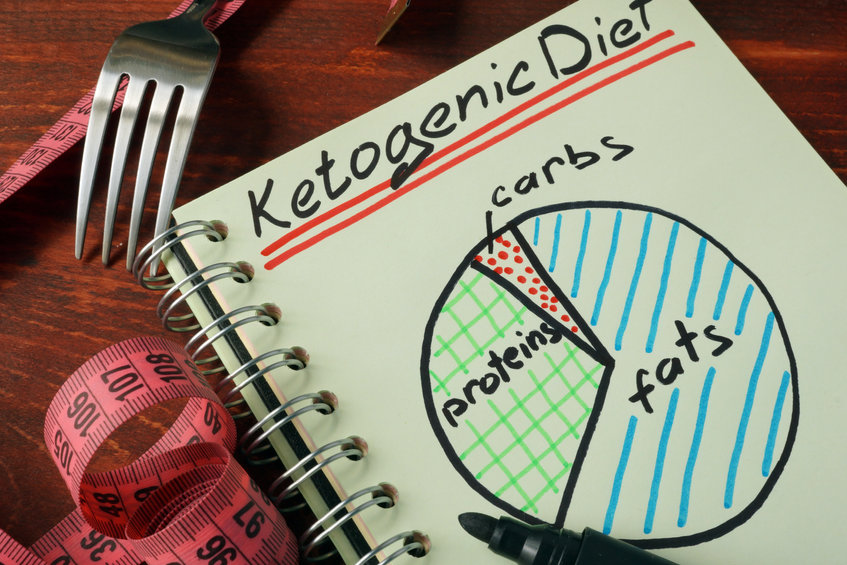What Is The Keto Diet?
Keto is short for ketogenic. A ketogenic diet helps the body burn fat quickly, which results in weight loss. Ketogenic diets are low in carbs and high in proteins and fats. Typically, the body converts carbohydrates into energy. The keto diet makes the body go into ketosis, a physical state that forces the body to convert fat stores into energy. The keto diet severely restricts carbohydrate intake. Participants eat 50 grams of carbs or less per day. With this diet, people stop eating breads, rice, and sugary drinks. However, many fruits, vegetables, and whole grains are also major sources of carbs. During ketosis, the body breaks the fat down into ketones that become an energy source for the brain, heart, and kidneys.

How safe is a ketogenic diet?
Doctors do not recommend the keto diet to people with pancreatic liver, thyroid, and gallbladder issues. One of the short-term side effects of the keto diet is the keto flu. Here are some of the symptoms of this flu:
- Constipation
- Upset stomach
- Dizziness
- Headache
People on the keto diet are more susceptible to vitamin deficiencies, liver disease, kidney stones, and heart disease. The diet was originally used to help patients with epilepsy manage symptoms. Research still needs to be done on the long-term effects of the diet on other types of patients.
How do I manage high cholesterol on the keto diet?
Consuming too many saturated fats can lead to high levels of LDL cholesterol. Saturated fats are found in many animal and dairy products like beef, pork, butter, and coconut oil. While on the keto diet, patients should try to consume more polyunsaturated and monounsaturated fats which are much better for the body. Try to eat more lean meats and fish like salmon
Polyunsaturated fats reduce the amount of bad cholesterol in the bloodstream and deliver vitamins like Vitamin E to the body. Plant-based oils like sunflower and corn oil are full of polyunsaturated fats. Monounsaturated fats reduce the risk of heart disease and stroke and lower cholesterol. Olive oil and peanut oil are two examples of monounsaturated fats.
Can the keto diet help my diabetes?
Research has shown that the keto diet can help increase HDL cholesterol levels, which are considered the good cholesterol. While on the keto diet, the body produces lower amounts of insulin and blood sugar. These factors improve insulins sensitivity in people with Type 2 diabetes.
Should I talk to my doctor about keto?
Patients should speak to a physician before starting any new dietary regimen, especially the keto diet. Doctors may monitor the patient to prevent or treat any possible side effects or health conditions. Schedule an appointment with a doctor today to discuss the keto diet and ketosis.




